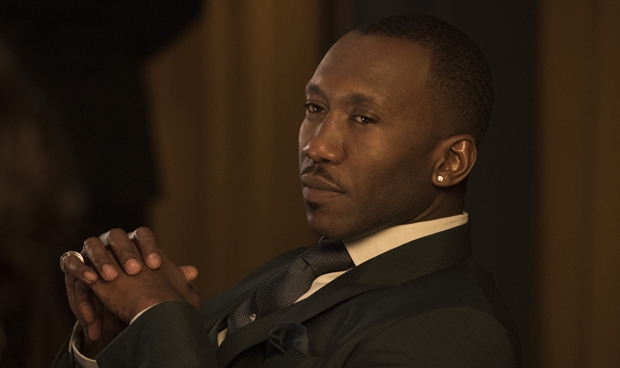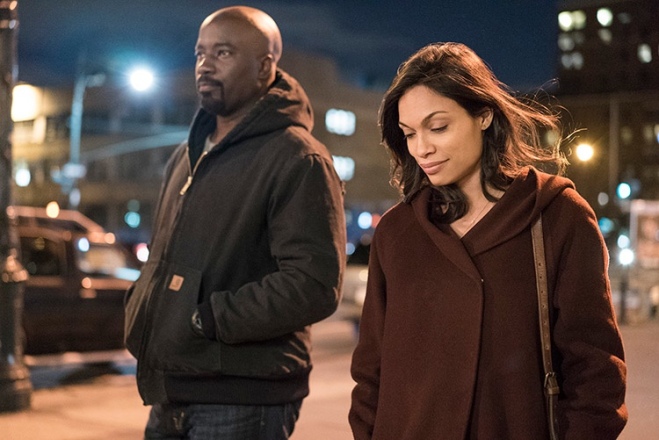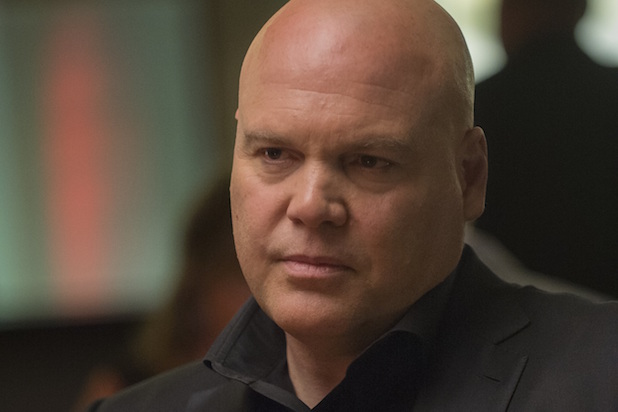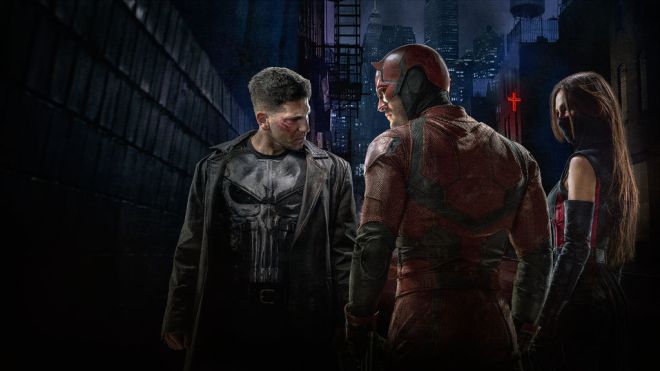Luke Cage was the first Marvel Netflix show I was unsure about watching. I loved Jessica Jones and Daredevil but almost immediately after Luke Cage came out I started hearing negative things. It didn’t have the complexity. It didn’t hold people’s interest. As a result, I didn’t watch it until Defenders was soon to be on air as I didn’t want to miss the developments leading up to it.
I wasn’t expecting much from Luke Cage when I started to watch it, just a way to pass the time, but as I started to watch it I was very, VERY pleasantly surprised. Luke Cage (Mike Coulter) doesn’t exist in the same type of dark world that Jessica Jones and Matt Murdock do, his world is more grounded, its troubles more real. It helps that it’s the first series to be set outside of Hell’s Kitchen, instead focusing on the historically black neighbourhood of Harlem. The show, its themes and setting are all intrinsically linked. The show’s about the everyday troubles and an everyday hero, who just happens to have supernatural abilities.
Before I continue talking about Luke Cage though, I feel it’s important to point out that I am neither black nor American. I come to this show entirely from an outsider’s’ perspective, so there is a limited amount of insight I have into how well it really shows Harlem or the many struggles that the neighbourhood has had. I assume that the show depicts them well, as it is well written and doesn’t shy away from issues such as police brutality and racism, but I have no way of knowing as that hasn’t been my experience of life.

I do feel qualified, however, to talk about the characters and the structure of the show. Mostly the fact that once again, we have excellent villains, two this time, in the form of cousins Mariah Dillard (Alfre Woodard) and Cornell “Cottonmouth” Stokes (Mahershala Ali). Both antagonists have grown up in Harlem at the table of crime boss Mama Mabel, who pushed Mariah into political aspirations and Cornell into criminal ones. Both cousins suffered growing up, but both have used their painful upbringing to become stronger or at least to appear to.
Cottonmouth, in particular, is an absolutely fascinating character as he encounters more and more complex issues. The series starts with a major weapons deal he arranged going wrong. Later as Luke gets involved, Cottonmouth’s business spirals further and further out of control and he begins to deal with things based on feelings rather than business sense. He shows true remorse and anger when one of his men shoots up Pop’s Barber Shop, killing the one man who created a safe space for the youth of Harlem, and even offers to pay for his funeral. He also never loses his wish to become a musician and is often seen playing his piano. He’s complex. He’s well-acted. And unfortunately, he’s only the villain of the first half of the series.
I would love it if Mariah then took his place, but she is relegated to “side villain” for the most part, with the new focus being on Diamondback (Erik LaRay Harvey), the mysterious supplier of Cottonmouth’s weapons. Every complexity Cottonmouth has, Diamondback doesn’t. He’s cartoonish with his level of crazy if he had moustache he’d twirl it before fighting with Luke. His ability to actually harm Luke gives us a nice insight into our hero’s background, and Luke’s origin story is indeed interesting, but it’s not enough to hold the story at the same standard the show has been until this point. Neither is the wonderful development of Claire Temple (Rosario Dawson), who has been present in all the Marvel Netflix shows, but not really come into her own until this one.
It’s such a pity that Diamondback isn’t more interesting because like every Marvel Netflix show, so much focus is poured onto the villain. The antagonist balances out the hero, makes the audience question them or brings our attention to their circumstances and behaviour, but Diamondback does not of these things. He’s a villain who wants to destroy Luke Cage because he does (or actually because he’s Luke’s half brother and daddy issues, but whatever, it’s kinda glossed over). It makes the part of the show where he’s the focus weak, less interesting and ultimately is probably what caused many people’s disappointment in the show.

For me at least though, the brilliant first half of the series and few good parts of the second are enough for Luke Cage to at least maintain the standards of the other Netflix shows. I wish the show was more consistent, but I’m still really happy with it. Also, it gives Claire a chance to shine, and I’m pretty much convinced that that can never be a bad thing. I’m looking forward to seeing more of Luke but hopefully with a more interesting adversary.




